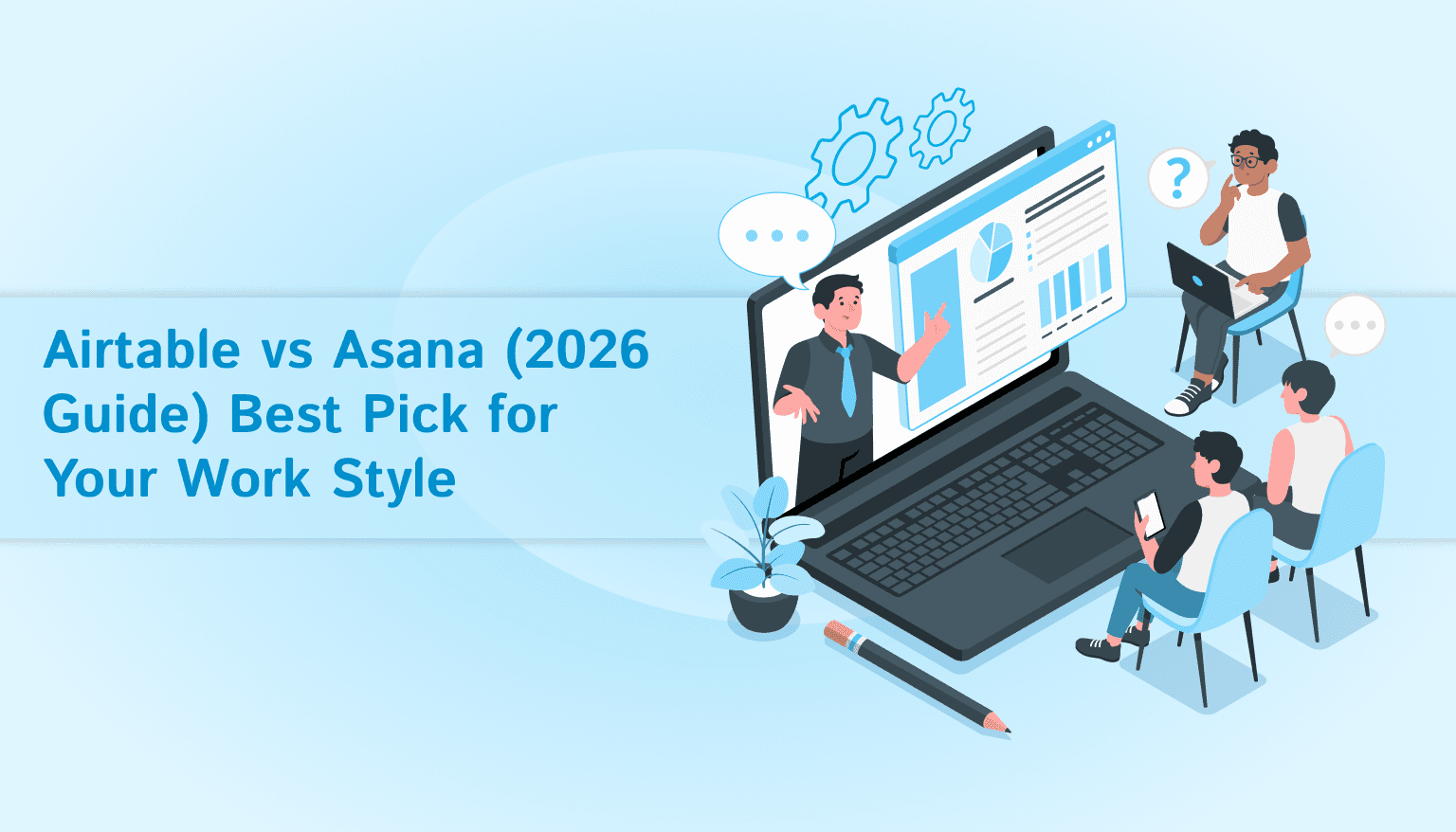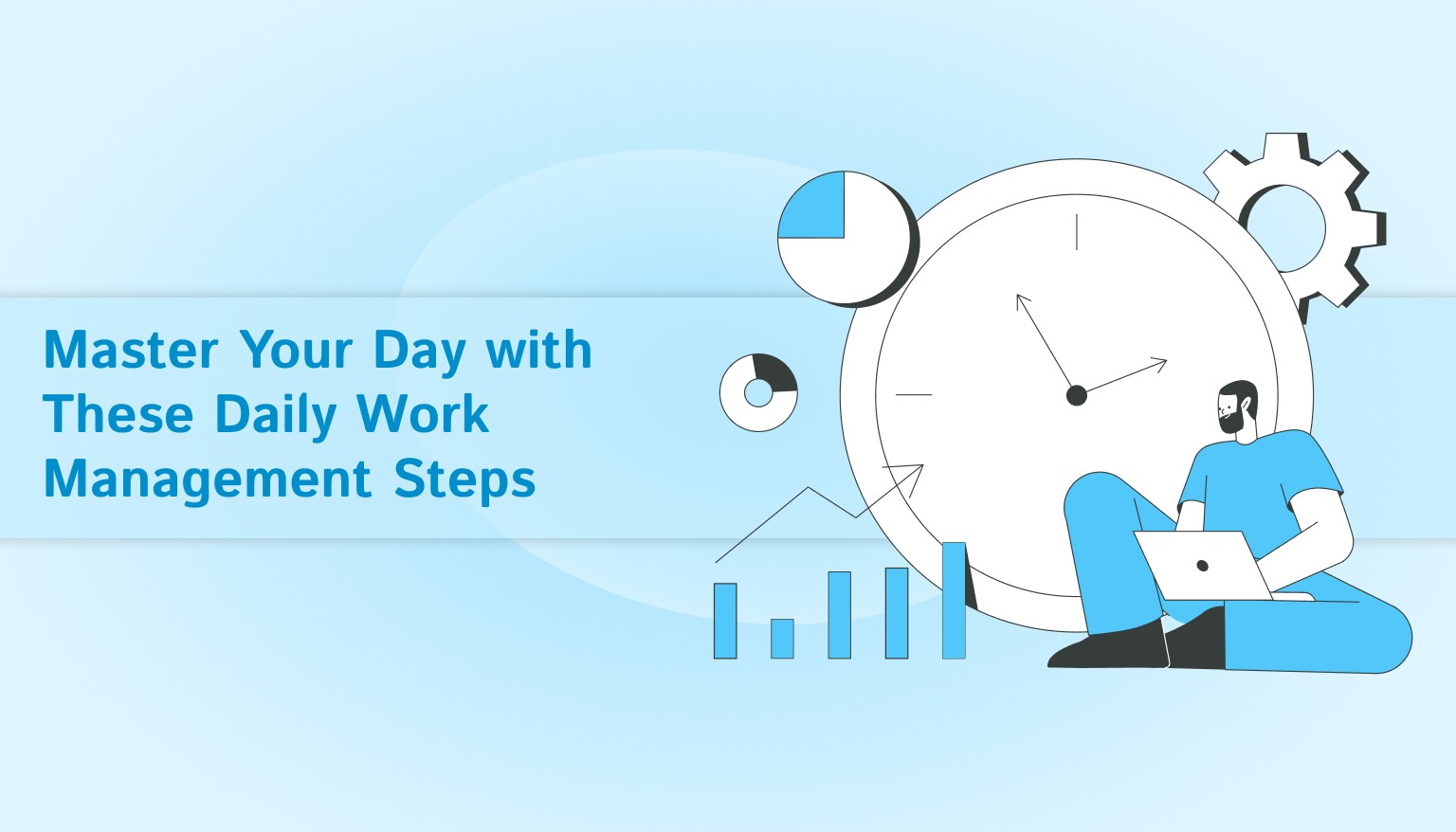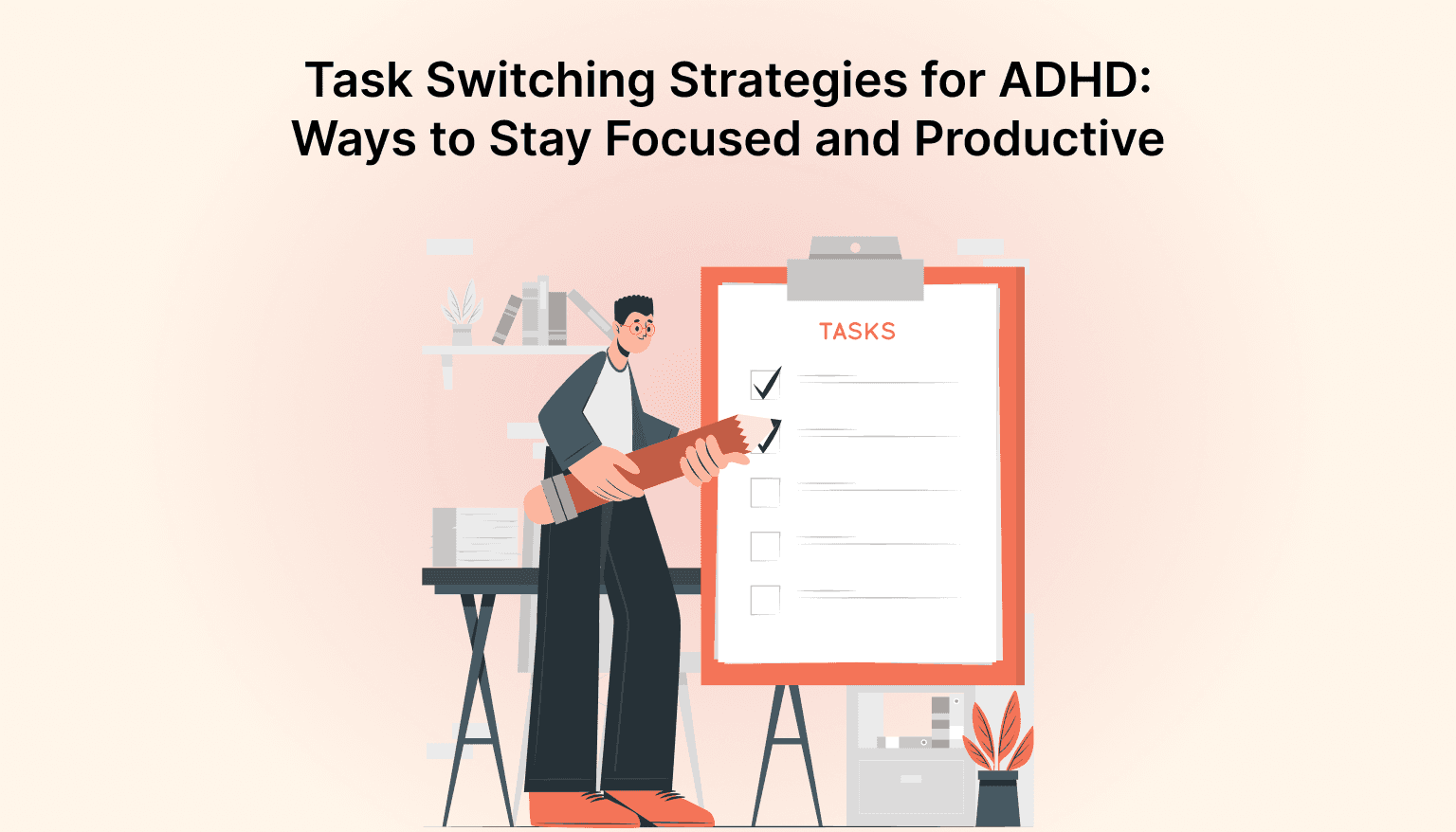4 Tips to Avoid Distractions And Stay Productive
4
Distractions are everywhere, from your morning coffee, to when you go to sleep. Now, more than ever, knowing how to manage and avoid distractions has become a fundamental skill to work.
Why? Because getting distracted is extremely easy in modern workspaces, and when you're trying to get work done, the last thing you need to think about is how bad your focus can be.
Where distractions come from
Our workspace facilitates distractions and sends notifications. The risk of distraction has increased exponentially when the only distractions might have been colleagues in the office or simply our heads.
You are just sitting there trying to think of the next sentence, and your brain decides to focus on a bird outside randomly. Or, you get this strong urge to look at your phone for just a minute, but you wind up scrolling for hours together.
Distractions are tricky little things because no one ever wants to be distracted, yet that is what we all end up doing.
Despite appearing trivial and innocuous, distractions can seriously affect your productivity. They are the root of all evil, from procrastination to getting nothing done.
How to avoid distractions
Getting distracted disrupts your workflow, your creative flow, and you end up having to start all over again. It kills your vibe, for real.
So, is it possible to live a life that is 100% free from distractions? Nope, sorry.
However, it is possible to cut back on distractions majorly. For example, you could start trying the Pomodoro Technique.
Suppose distractions come back to haunt you over and over. In that case, Brian Tracy suggests 4 tips to avoid distractions successfully, so sit on your chair and don't get distracted.
1. Plan and schedule your day
Pick your favorite planning methodology (ex. GTD framework) from the numerous ones out there and plan your day.
One of my favorites is time blocking which is a great time management technique that consists of splitting every day into blocks of time.
Planning your day with time blocking gives you direction and commitment. It helps you stay focused and not get distracted by various and less critical tasks.
Have a schedule in place so that you cannot escape from doing what needs to be done. Also, make sure to achieve your set goals for the day.
2. Go offline
PUT YOUR PHONE AWAY!
Our brain is wired to look for easy wins, and unfortunately, work itself provides many opportunities to do things that feel like work. Still, they are not the priority at the moment.
The best example is emails. Emails are addictive. First of all, you switch to the inbox because you're likely to find a new email there. The brain is excited by unexpected things. Second, sorting new emails (archive, delete, reply) usually takes just a few seconds. Easy win. Our brain loves this stuff.
We also don't feel lazy, because it feels like work!
In reality, we are just avoiding the critical task we planned.
Start pretending you are in the stone age. Unless it is for work, steer clear of your phone and the internet. No, your DMs are not going to flood. Turn your notifications off even for a bit until it's urgent; you're not there.
3. Wake up early
By starting your day early in the morning, you will find that you are more motivated to complete your projects; a good strategy can involve:
Setting up a morning routine.
Putting off and avoiding early distractions.
Trying to complete the most important tasks in the early hours of the morning.
4. Declutter your workspace
Clutter outside equals clutter inside.
So, before you are sidetracked with something on your desk, clean your workspace. Keep only the necessary supplies, and dump the rest out of sight.
To practice, you could start by keeping the items that you usually use handy while everything else should go in the trash. Also don't forget that you don't need to work during lunch, go anywhere to eat your lunch but please, don't do it at your desk.
Learn more: Top 5 Apps To Avoid Distractions And Maintain Focus
Planning with Akiflow
What I usually do is take some time to plan out the things I want to accomplish the next day/over the week and my overall schedule, writing them down in my planner.

These can be everything from work to breaks and even leisure time that you want to keep on your schedule but remember, don't forget to set realistic timelines.
Take action now and get rid of distractions
Even the most common causes of distraction can seem challenging to correct. Still, with dedication and perseverance, after optimizing your routine, you will be in a position to take immediate action.
As a final exercise, I recommend that you answer questions like: What's distracting you from achieving your goals? What can you do today that will make your tomorrow the way you want it to be?
When you have answered, follow your plan and focus on what matters to you.
Goodbye distractions!




